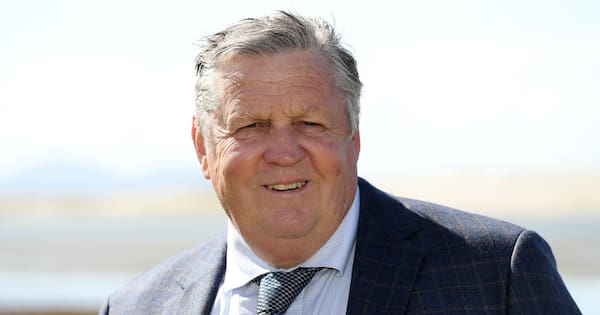Kaipara District Council has spent an unplanned $52,000 producing a document which attempts to spell out what legal obligations the local authority has to Māori.
Mayor Craig Jepson claimed the document would serve as a guide for staff, councillors and the public, clarifying obligations and potentially saving the council money in the future.
But one councillor has described the paper as “actively anti-Māori” while another deemed it “bull****”.
The unbudgeted 127-page document was produced by Wellington law firm Franks Ogilvie and formally adopted in late July by a narrow 5:4 vote. Legal advice around local government law change that the firm gave to Hobson’s Pledge, a group known for lobbying against co-governance, is included.
Kaipara District Council chief executive Jason Marris commissioned the report following direction from the council’s remuneration and development committee, which oversees his performance and is chaired by Mayor Jepson.
Marris said he had not received committee direction on how the document should be used with staff but would now consider its implications.
Cr Eryn Wilson-Collins asked whether staff would be required to follow the Māori interaction ceilings outlined in the document, rather than anything more than that.
“There are many questions around its purpose and where it will go from here,” she said.
She added that while there was currently no formal direction, she feared the document would serve as the ceiling for council dealings with Māori.
The document was developed as a single point of reference, summarising and explaining council obligations — or lack thereof — to Māori under various laws and frameworks.
These include the Treaty of Waitangi, principles of the Treaty, the Local Government Act 2022, Resource Management Act 1991, Māori Language Act 2016, New Zealand Bill of Rights Act, and the United Nations Declaration on the Rights of Indigenous Peoples.
Mayor Jepson said the document could serve councils around the country.
“There had not been a single source of information around this previously,” Jepson said.
“It provides an opportunity for other councils around New Zealand to follow.”
The Jepson-chaired remuneration and development committee’s members — Deputy Mayor Jonathan Larsen and councillors Mike Howard, Gordon Lambeth and Rachael Williams — voted to adopt the document.
Cr Mike Howard said the document was worthwhile because it addressed actual legal obligations rather than misinterpretations.
However, Cr Wilson-Collins described it as “embarrassing” and said she looked forward to a new council after the upcoming elections.
She said community feedback showed concern about ratepayer money being spent on a document that was divisive and politically charged.
“There are a lot of questions that the community have raised with me around the framing of the document,” she said.
Wilson-Collins said the document falsely claimed councils were not part of the Crown and therefore had no real Treaty of Waitangi duties, only those narrowly imposed by statute.
“This is false and misleading,” she said.
“While councils are not the Crown in the constitutional sense, courts and the Waitangi Tribunal have repeatedly said Crown obligations can extend to councils where powers or functions are delegated.”
Te Moananui o Kaipara Māori ward councillor Pera Paniora said the report was “bull****” and an echo chamber of the political positions of some councillors.
She said committee members Jepson, Larsen, Howard, Lambeth and Williams, who had worked on its genesis, should have paid for it themselves.
Several councillors opposing the adoption attempted to pause the meeting vote to allow time for an information briefing, in line with normal council process.
Cr Mark Vincent questioned the motives of those pushing for adoption at the meeting without that step.
“We need to give it proper consideration,” Cr Vincent said.
Deputy Mayor Larsen said a briefing could happen, after the document had been adopted.

Cr Wilson-Collins said the document undermined the Treaty of Waitangi as a constitutional document, treating it more like a political courtesy.
She said the document denied councils had Treaty obligations, claimed Māori had no right to consultation or outcomes, and framed participation as a burden.
“This is disrespectful to local mana whenua,” she said.
“It said mana whenua mandates had no statutory basis.”
Cr Wilson-Collins said this was a complete dismissal of local hapū and iwi rights, with existing obligations spun as optional.
She said the document repeatedly reinforced the idea that council’s obligation was to general community democracy, as if that were incompatible with upholding Māori rights.
It referred to the Waitangi Tribunal as non-binding and nearly irrelevant to council operations.
Cr Wilson-Collins said the report was politically biased and echoed rhetoric from NZ First, ACT, and anti-co-governance narratives.
“I’m ashamed and embarrassed that would be the case,” she said.
The council’s law firm Simpson Grierson peer-reviewed the document.
LDR is local body journalism co-funded by RNZ and NZ On Air.
